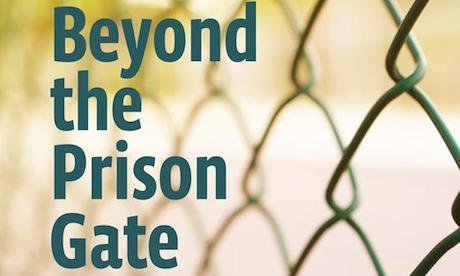Despite crime rates falling overall, the prison population in New Zealand has tripled since 1985 and is likely to reach a record 10,000 people next year.
Corrections is also unlikely to meet its composite target of reducing reoffending by 25 per cent by 2017. Post-prison reoffending rates have barely changed in the past 10 years.
The latest report by The Salvation Army’s Social Policy and Parliamentary Unit Beyond the Prison Gate: Reoffending and Reintegration in Aotearoa New Zealand, argues the system is failing prisoners and the public.
“The prison gate has for too long been a revolving door rather than a transition into a second chance at life. Instead of being effectively rehabilitated and reintegrated into society, many prisoners on release become ‘repeat customers’,” says report author Annaliese Johnston.
The Salvation Army argues money should be diverted into rehabilitation programmes to try and reduce this number.
The report looks at the experiences of past inmates for a first-hand look at how the system impacts those who have been released and how things might be improved.
It makes several recommendations, including the formation of a cross-party strategy to reduce spending on custodial prison services and increase safety by reinvesting that money in strategies that reduce crime, better access to accommodation and health services, private-public partnerships to provide employment, and mentors.
Source
